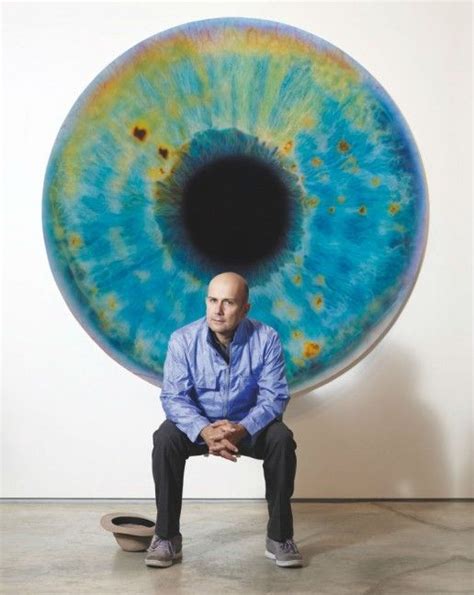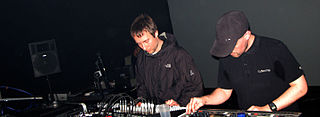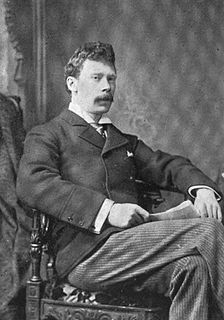A Quote by Marc Quinn
The meeting of science and art is definitely interesting for the 21st century, and I think to use scientific expertise and knowledge to preserve an artistic statement is very interesting. It takes things a step further.
Related Quotes
I have begun to feel that there is a tendency in 20th Century science to forget that there will be a 21st Century science, and indeed a 30th Century science, from which vantage points our knowledge of the universe may appear quite different than it does to us. We suffer, perhaps, from temporal provincialism, a form of arrogance that has always irritated posterity.
We profess to teach the principles and practice of medicine, or, in other words, the science and art of medicine. Science is knowledge reduced to principles; art is knowledge reduced to practice. The knowing and doing, however, are distinct. ... Your knowledge, therefore, is useless unless you cultivate the art of healing. Unfortunately, the scientific man very often has the least amount of art, and he is totally unsuccessful in practice; and, on the other hand, there may be much art based on an infinitesimal amount of knowledge, and yet it is sufficient to make its cultivator eminent.
We want to do things that are interesting, great storytelling, some of it is gonna be more fun and funny, some of it is more serious and talking about interesting issues that we think are provocative and interesting to us. Kind of on a more political level. But, you know, just things that we find interesting that we think stories that need to be told.
Fairfield Porter who has been my model for art writing all along, said that if the most interesting thing about a work of art is its content, it's probably a failure. I think it's true that if you find yourself thinking about the meaning in an author's message, it's probably not very interesting as art. Obviously, this is a tough concept, because if you withdraw intention.
Now I'm sixty-one... sixty-two, pretty soon. It's a really interesting age. Now we have women of your age, and coming up, and all these fantastic writers, who have managed to have their children but continue with their art, their work. I think women are doing the most interesting writing right now, the most interesting art. I see everything through this lens, of women finally taking their place in the world. Their true place. And it's very, very exciting to me.
Yes. The way people behave, the paradoxes, the contradictions. All these things we have to live with and still pretend that everything is only black or white. That, I think, is the most interesting thing in human nature. The fact that we have to do one thing and pretend something else. That’s when it becomes very interesting. If you can literally speak the way you feel, then it’s not interesting anymore. It’s when you have to lie that it becomes interesting.
Isaac Watts, of course, is a hymn writer in the tradition of Congregationalism who lived in the seventeenth and early eighteenth century. He is very interesting and important because he was also a metaphysician. He knew a great deal about what was, for him, contemporary science. He was very much influenced by Isaac Newton, for example. There are planets and meteors and so on showing up in his hymns very often. But, again, the scale of his religious imagination corresponds to a very generously scaled scientific imagination.







































